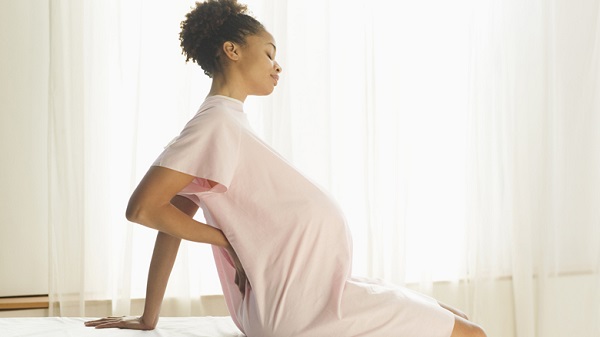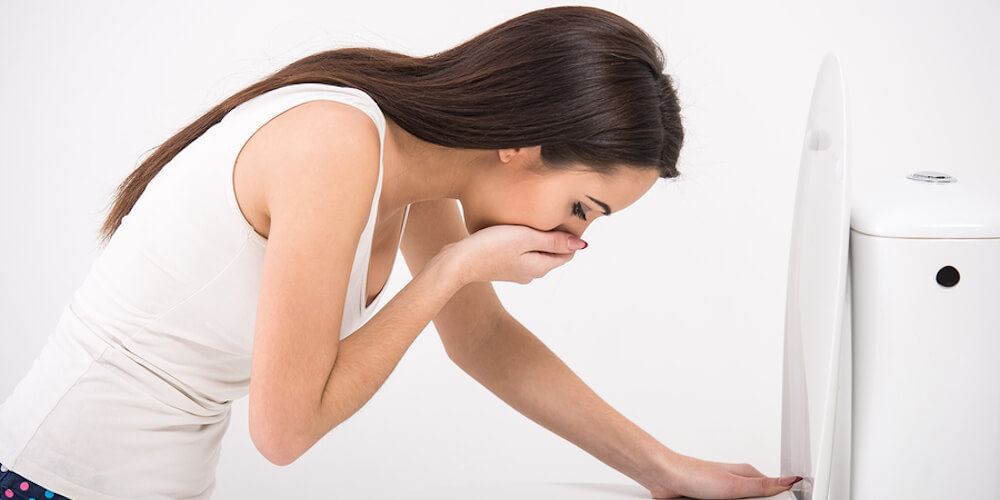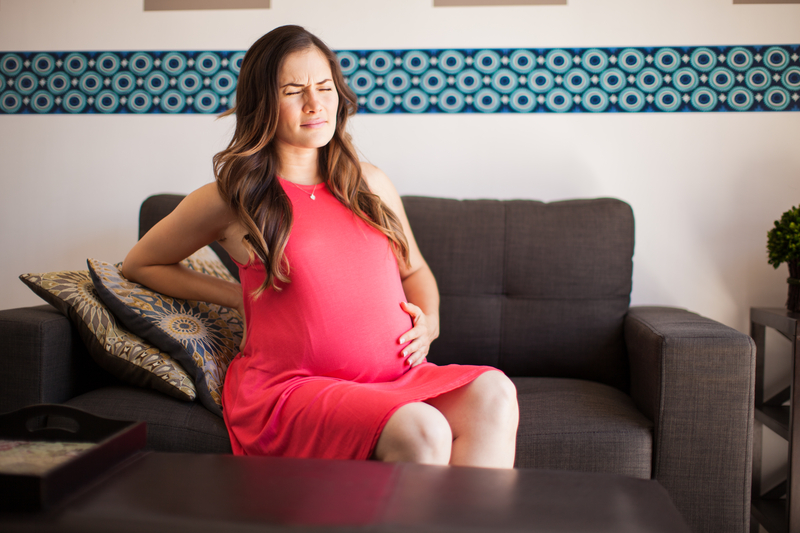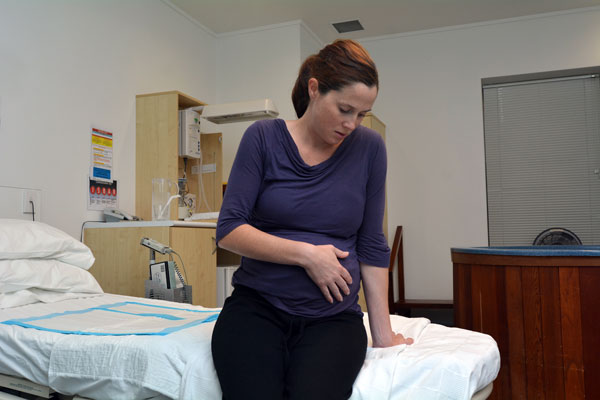
Women generally pay more attention to their body and how they look compared to men. But when it comes to health, it takes only the last priority for women as they are either more focused on beautifying themselves, or on their career or their family. But that cannot be the case when you’re pregnant. You have to pay more attention to your body and take better care of yourself as it is not just you but there is another tiny human inside as well! While taking care of yourself during the beautiful stage of your life, it is also wise to be aware of any signs of trouble. It is always better to be prepared for the unexpected things that might happen during pregnancy. Let’s look at some of the symptoms that should be reported to your physician immediately.

A Little bit of spotting and mild discharge is common during pregnancy. Though this is common, it is always better to keep track of the flow and to mention the same to your doctor. But there might cases when this bleeding could be accompanied by cramps or other scenarios when the bleeding becomes heavy instead of spotting. It is important that you contact your doctor immediately in such cases. This could be a sign of miscarriage.
During the initial stages of pregnancy, some women might experience a small amount of bleeding along with cramping, abdominal pain, nausea, breast tenderness, or back pain. Though this is common at this stage, in some cases, these may also be signs of an ectopic pregnancy. Ectopic pregnancies are serious medical conditions as it is a life-threatening scenario in most cases. So if you have irregular vaginal bleeding, pain in the lower abdomen followed by severe pelvic pain, and/or shoulder pain, don’t hesitate to call your doctor right away.
Spotting may occur during the second trimester or after sex. Bleeding that occurs late during the second trimester or in the third trimester can be alarming as it may be a case of placenta Previa. This is again a potentially dangerous condition in which the placenta covers the cervix. Depending on the severity of the case, you may even need hospitalisation.

Nausea and vomiting are the most common symptoms and discomforts of pregnancy. These are very high during the first trimester and can occur at any time of the day, not just in the morning. However, you should remember that vomiting more than a couple of times a day could dehydrate and weaken you. So it is important that you talk to your doctor about this. In certain severe cases, it might even call for immediate treatment and possible hospitalisation.
Other symptoms such as vomiting along with severe pain just below the ribs and sudden severe swelling in your face, hands or feet could be a sign of pre-eclampsia. If vomiting is accompanied by diarrhoea, then it could be a sign of food poisoning. If you have a fever, pain on your side, lower back or around your genitals along with vomiting, it could mean a kidney infection. All these calls for your doctor’s immediate attention.

While paying attention to yourself during pregnancy, you should also pay close attention to the tiny human inside you. It is advisable to keep track of your baby’s kicks and movements. If you notice any decrease in activity level of your baby, immediately call your doctor. The overall count is at least ten movements in a period of 2 hours. After the 25th week of pregnancy, you must be feeling your baby kick at least four times over a one-hour period. If, in case, you feel that your baby is unusually still, then eat something and lie down quietly on your side. If the activity level doesn’t come to normal, contact your doctor right away: The baby may be in distress.
It is normal to get confused between actual labour and false labour if you are a first-time mum. False labour contractions are called Braxton-Hicks contractions. They’re unpredictable, non-rhythmic, and do not increase in intensity. They will subside in an hour or with hydration. However, if the contractions don’t subside or if their intensity increases, then rush to your doctor immediately.

Water break is the indication that your true labour has started and that your baby is getting ready to come out. What happens is that the amniotic sac (the fluid filled sac which surrounds the baby) ruptures and the amniotic fluid gush out from your vagina. But during pregnancy, the enlarged uterus can cause pressure on your bladder too. So it could be urine leakage. If you are not sure if it is urine versus a true rupture of the membrane, go to the bathroom and empty your bladder. If the fluid continues, then you have broken your water.
These could be signs of high blood pressure or preeclampsia. An increase in weight of more than 5 pounds in a week may be an important first clue that you might be developing preeclampsia.
If you run temperatures over 101 degrees, along with chills, it could be a sign of an infection.
It is the most powerful creation to have life growing inside of you.There is no bigger gift